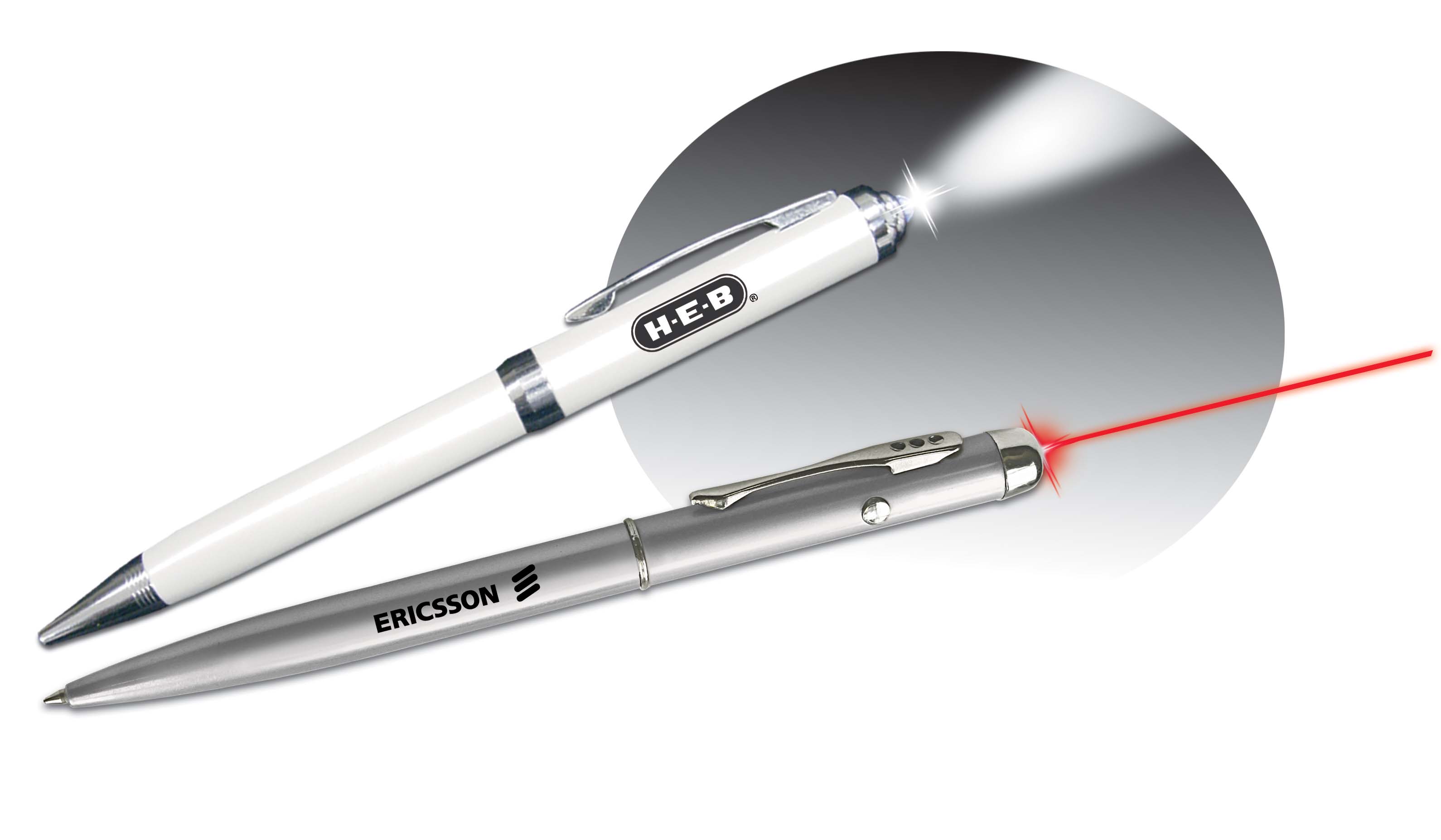As medical students, we are secondary or tertiary targets for most reps (after physicians and residents). We stealthily sneak in to lunches, or are at times openly invited. We eat, casually listen, and sometimes come away with a pen. The reps vary: some ignore us, some politely greet us, and a few even try to make us converts early on. In any case, most medical students find the whole thing a bit comical but mostly harmless.
However, for those of us with a few ethical concerns, I have broken the issue down into point/counterpoints:
Point: Even though we are not the direct targets of the reps, we are still influenced by their pitches. Students will remember those drugs that are described more easily later on when they become practitioners. While we might not think we are being influenced, prescribing practices tend to show the contrary on average. Physicians are more likely to prescribe drugs that are detailed to them than drugs that are not. And the reps know this: Pharma links up drug sales info from local pharmacies to DEA numbers on lists sold to them by the AMA. As the article notes:
The American Medical Association is also a key player in prescription data-mining. Pharmacies typically will not release doctors’ names to the data-mining companies, but they will release their Drug Enforcement Agency numbers. The A.M.A. licenses its file of U.S. physicians, allowing the data-mining companies to match up D.E.A. numbers to specific physicians. The A.M.A. makes millions in information-leasing money.Also, given the time constraints of such interactions, physicians are more likely to trust the nice-looking pharm rep who brought lunch instead of thoroughly investigating whether or not a particular drug is efficacious.
Counterpoint: Free food
 Point: At the end of the day, it is the patients who suffer when they are asked to purchase overpriced or inappropriate medications. As physicians, we have a fiduciary responsibility towards our patients to act in our patients' best interests. They trust us to do so, and their lives depend on it, quite literally in some cases. If we prescribe medications with competing interests at play, we do our patients a disservice.
Point: At the end of the day, it is the patients who suffer when they are asked to purchase overpriced or inappropriate medications. As physicians, we have a fiduciary responsibility towards our patients to act in our patients' best interests. They trust us to do so, and their lives depend on it, quite literally in some cases. If we prescribe medications with competing interests at play, we do our patients a disservice.Counterpoint: Free pens, or even a laser pointer (Thank you, random dialysis dude)
Point: If one were to become involved as a representative for a drug, either by doing lunches or giving lectures, it is easy to lose one's objectivity in light of the significant additional income as well as prestige such events offer. Even by merely receiving gifts, there is some compromise of our integrity due to the norms of reciprocity deeply ingrained in our culture.
Counterpoint: FREE STUFF!!!
Okay, in all honesty, I am still divided on this issue myself. I agree that the free stuff is effective (if it wasn't, why would Pharma spend so much money/time doing it?) and I agree that I most likely will be influenced. However, my economic senses chasten at the thought of limiting the marketing potential of a firm in a capitalist society. We allow gas companies, and car companies, and even alcohol companies to market their products in almost any manner possible. Why are drugs held to a different standard? All the other products I mentioned can also seriously harm individuals. Of course, those products do not involve a "fiduciary agent" like a physician who restricts their purchase, but still, why should that matter for marketing efforts? There seems to be inconsistency here, as we clearly trust physicians to prescribe drugs, yet are wary of how they may be swayed by representatives of the pharmaceutical industry.
To me, it seems like the current system cannot hold. I see one of two solutions. First, either physicians should get serious about this issue. To do so, they should petition the AMA to ban the sale of DEA information to pharmaceutical companies as well as ban detailing as a practice, ie ban pharm reps from entering their offices (as some physicians have done). However, this seems highly unlikely due to the entrenched interests who would have no reason to undergo such a radical change. My other thought would be to have all physicians basically make disclaimers to their patients about which representatives for which drugs have been in their office in the past 3-6 months, much like researchers must make disclaimers at the end of journal articles. By doing so, physicians would be free to decide whether or not to accept reps into their office, pharma companies could continue detailing, but I think the main difference would be that the "consumer" patient would be better informed about how their physician practices medicine and how their physician's prescription choice is or is not being influenced.
No comments:
Post a Comment